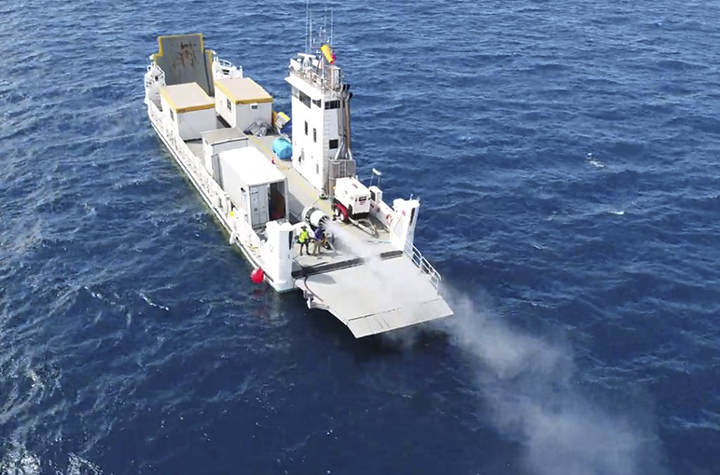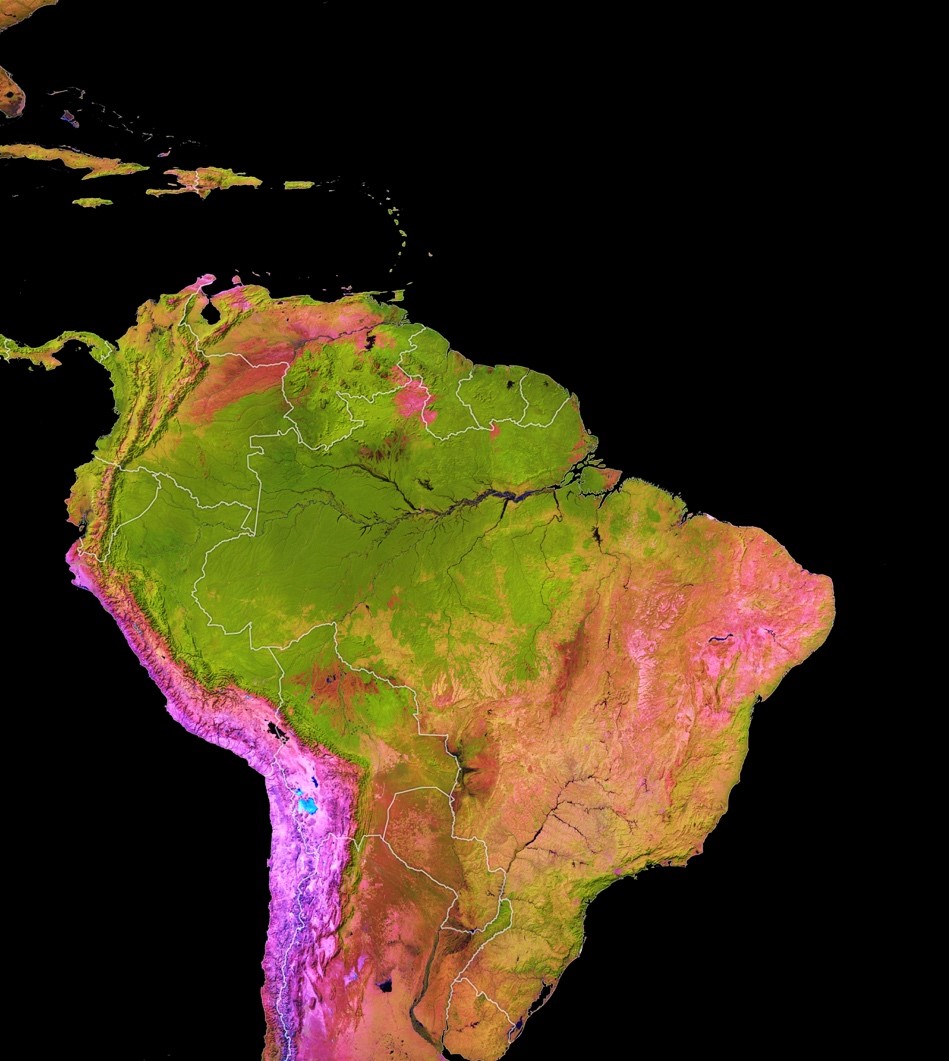Region: International
What’s in a Name?
“Climate change”? “Disruption”? “Crisis”? “Emergency”? Why is this so hard?
We seem to have a lot of trouble in coming up with the right name for what’s happening to the world’s climate. We started with “Global Warming.” But that seemed too narrow, because the changes don’t just relate to temperature, and too innocuous, because warming seems like a gentle process. So scientists shifted to “Climate …
Continue reading “What’s in a Name?”
CONTINUE READINGInternational Liability for Harm: Epidemics and Pollution
What duties do countries have to avoid causing global harms?
There’s been talk lately of demanding compensation if a country’s negligence allowed a disease to spread globally. There is a long history of discussion regarding similar damage claims in international environmental law. The same principles seem applicable to disease spread. In theory, damages should be available in both cases. The core principle of international liability …
Continue reading “International Liability for Harm: Epidemics and Pollution”
CONTINUE READINGDebate Amid Coronavirus: Are Single-Use Plastic Bags Safer?
How Plastics Companies and Environmental Groups Can Help Us Find an Answer
Since the outbreak of COVID-19, concerns have grown over the safety of grocery bags. Many U.S. states—among them New York, California, Maine, Massachusetts, and Oregon—have suspended or delayed their single-use plastic bag bans in the past two months. Some places like Massachusetts, New Hampshire, and San Francisco have gone even further to temporarily ban reusable …
Continue reading “Debate Amid Coronavirus: Are Single-Use Plastic Bags Safer?”
CONTINUE READINGA Solar Geoengineering Milestone Goes Largely Unnoticed
The first explicit, meaningful outdoor test garnered little attention in the news or from environmentalists
In response to insufficient cuts in greenhouse gas emission, some scientists and others are researching solar geoengineering. These techniques would reflect a small portion of incoming sunlight to cool the planet and counter climate change. A major step in solar geoengineering was recently taken, although you probably wouldn’t know it from reading the news or …
Continue reading “A Solar Geoengineering Milestone Goes Largely Unnoticed”
CONTINUE READINGThe World Leader Who is Far Worse Than Trump
Take everything Trump did wrong about the virus. Then square it. That’s Bolsonaro.
Yes, Trump made huge mistakes in the coronavirus outbreak. But no, he’s not the worst world leader in this respect. That prize currently goes to Brazil’s Jair Bolsonaro. Like Trump, he’s a rightwing populist leader. He’s even been called “the Trump of the Tropics.” But he’s far more unmoored. When asked about Brazil’s record number …
Continue reading “The World Leader Who is Far Worse Than Trump”
CONTINUE READINGNegative Emissions: The Next Bright Shiny Object in Greenhouse-Gas Emissions Reductions
In ongoing debate over how to slow and stop climate change, the past year or so has seen a large shift of attention and interest toward technological options to remove CO2 from the atmosphere after it is emitted – options generally lumped under the headings “Carbon dioxide removal” (CDR) or “negative emissions technologies” (NETs). These …
CONTINUE READINGCOVID and Climate Change
Immediate emissions reductions, and durable ones
Many commenters on the pandemic response have noted the supposed silver lining that as travel, commerce, other economic activity have dropped, so too have the associated burdens on the environment. The air is clean, wild animals are roaming in cities – and there have been substantial, not huge, reductions in the emissions of CO2 and …
Continue reading “COVID and Climate Change”
CONTINUE READINGCoronavirus, Climate Change, and Tropical Forests
Why the fight against deforestation is more urgent than ever
Long before the wet markets of Wuhan became the focus of worldwide attention, scientists have pointed to tropical deforestation and habitat destruction as key factors facilitating the spread of zoonotic viruses such as Ebola and the Coronaviruses as well as other infectious and vector-borne diseases. The obvious lesson from this research is that protecting intact …
Continue reading “Coronavirus, Climate Change, and Tropical Forests”
CONTINUE READINGThe Netherlands Will Likely Meet Ambitious Climate Targets
While COVID-19 will enable NL to meet a court mandate, the government wants to go further
Today is the national day of the Netherlands: Koningsdag, or King’s Day. This holiday is typically celebrated with enormous street parties and outdoor flea markets. Of course, the 2020 edition is different, with the government asking residents to stay indoors in a “Woningsdag,” or Home Day, to limit the spread of the coronavirus. In the …
Continue reading “The Netherlands Will Likely Meet Ambitious Climate Targets”
CONTINUE READINGWhat Do Tomorrow’s Leaders Think About This Mess?
Listening to student voices on the pandemic, climate change, and the future
One thing I’ve always loved about teaching is the opportunity to see important issues through my students’ eyes. So for my last Climate Law and Policy class at UCLA Law this week, I asked my students to tell me what they are thinking about the future of climate policy in light of today’s global circumstances, …
Continue reading “What Do Tomorrow’s Leaders Think About This Mess?”
CONTINUE READING










